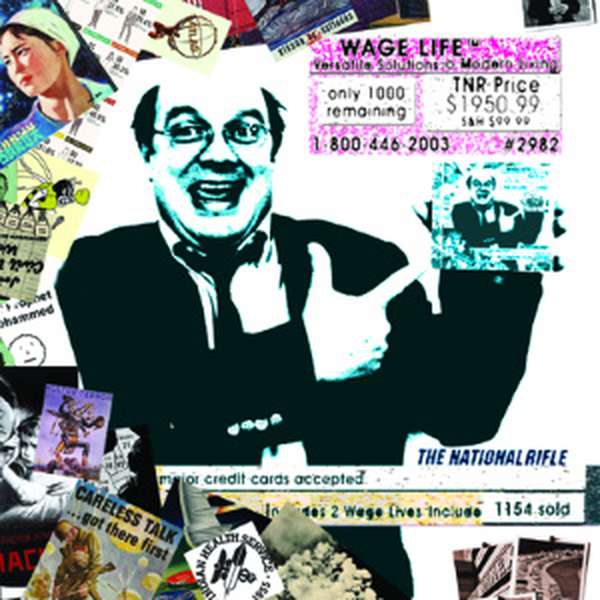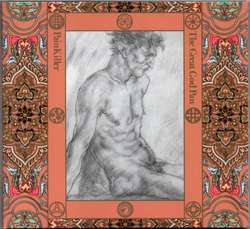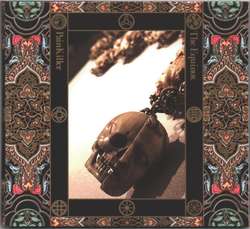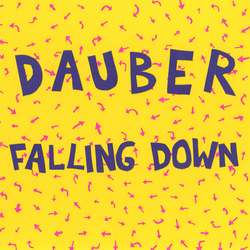What if Elvis Costello was still churning out upbeat, poppy numbers like his early work? What if you took away some of the crackle and rough edges, and replaced them with pristine production and a lot of "whoa-oh-oh's"? What if, to spice things up, you threw in a dash of socialist rhetoric, a pinch of hand-held percussion, and a sprinkle of saxophone?
Wage Life is The National Rifle's second self-release, their first being a 2006 self-titled EP. Wage Life carries a blatant theme of modern hard times with a call to action that we must re-examine the "work mythology." This is paired up with a catchy indie pop that shows a variety of influences, the most obvious being Elvis Costello, Ted Leo, and Joe Jackson.
The National Rifle is an interesting mix of styles, as their brand of indie pop is incredibly radio friendly, with easily defined choruses and memorable hooks that could easily be used in commercials - in fact, I can almost swear that I've heard "Gaggers" in one - but the lyrical tone of the revolutionary will keep the band off the airwaves. If you secretly enjoy British pop but wish you could see performances in more intimate venues, The National Rifle might be perfect for you. The record's final track, a live recording of "Tina," seems a little out of place due to the difference in recording quality, but is a good song that sounds like a slightly less nasal Ted Leo fronting a Second Wave ska band.
If anything, the songs on Wage Life come across as too polished at times. For much of the record, the vocals are more "na na na" than firebrand. Only in "Gay Rock'n'Roll" does the singer really emote, albeit more subtly than most political outfits. Not coincidentally, this is my favorite track with its heavily Costello-influenced sound.
As for packaging, the CD is a collage of Socialist imagery not far from how I styled my dorm room when I was nineteen (including the very same 1984 "Big Brother is Watching You"). However, for a band as politically focused as The National Rifle, I would have appreciated if the lyrics were included. The recording quality is good overall, but when additional instrumentation such as the saxophone and harmonica are used, they sound little tinny.
The pop sensibilities of the band contrast nicely with The (International) Noise Conspiracy-toned lyrics and the album comes across as a positive and fun romp instead of an expression of frustration and anger.



